News
We cleaned up – you can too!
2 July 2019
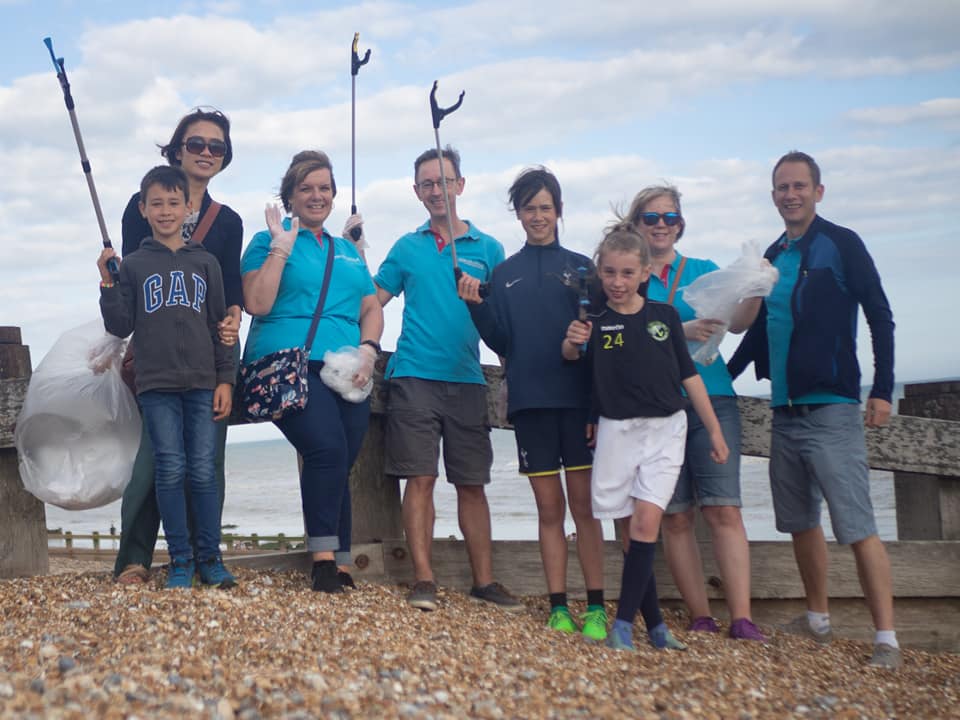
We’ve just enjoyed a lovely sunny weekend, here in the south-east of England, with hundreds of people (locals and visitors) flocking to our nearest beaches in St.Leonards on Sea/Hastings to make the most of the Summer conditions. It’s great to see the town so full of happy sun-worshippers who can also enjoy a cooling dip in the Channel, but the downside, is often the amount of litter left on the beach, or overspilling the bins – which are then a prime target to be strewn across a wider area by the indigenous seagulls.
Apart from the fact that this doesn’t look pleasant, it is also a potential health hazard for children, pets and other wildlife – especially if the litter ends up in the sea. Each year, more than 380 million tons of plastic is produced globally and at least 8 million tons ends up in the sea. Estimates indicate that there is now a 1:2 ratio of plastic to plankton, and, if nothing changes, plastic will outnumber fish by the year 2050.
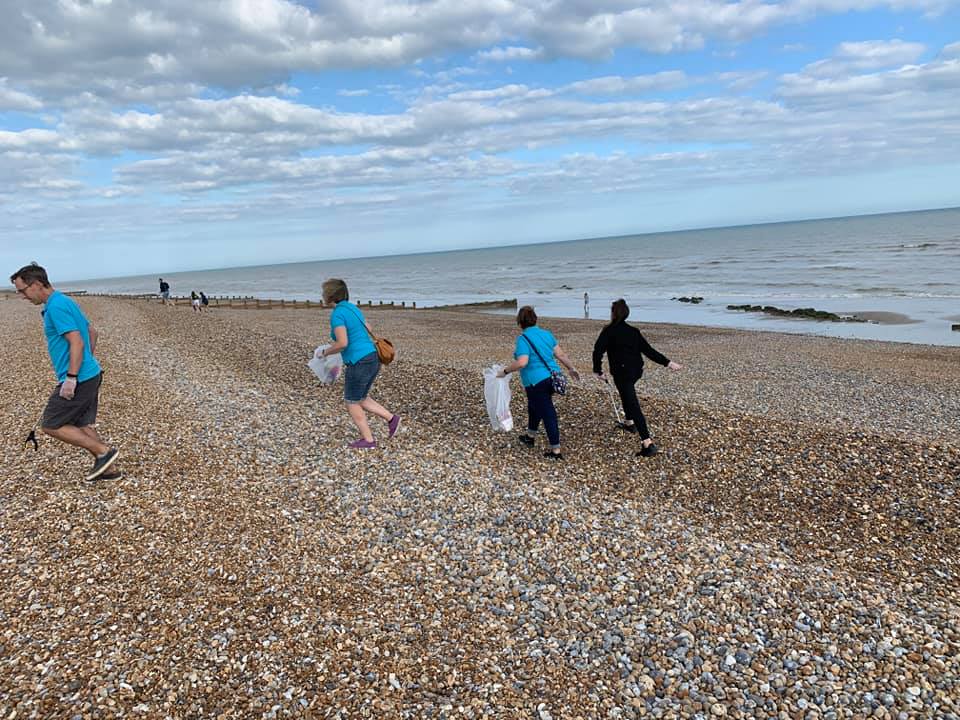
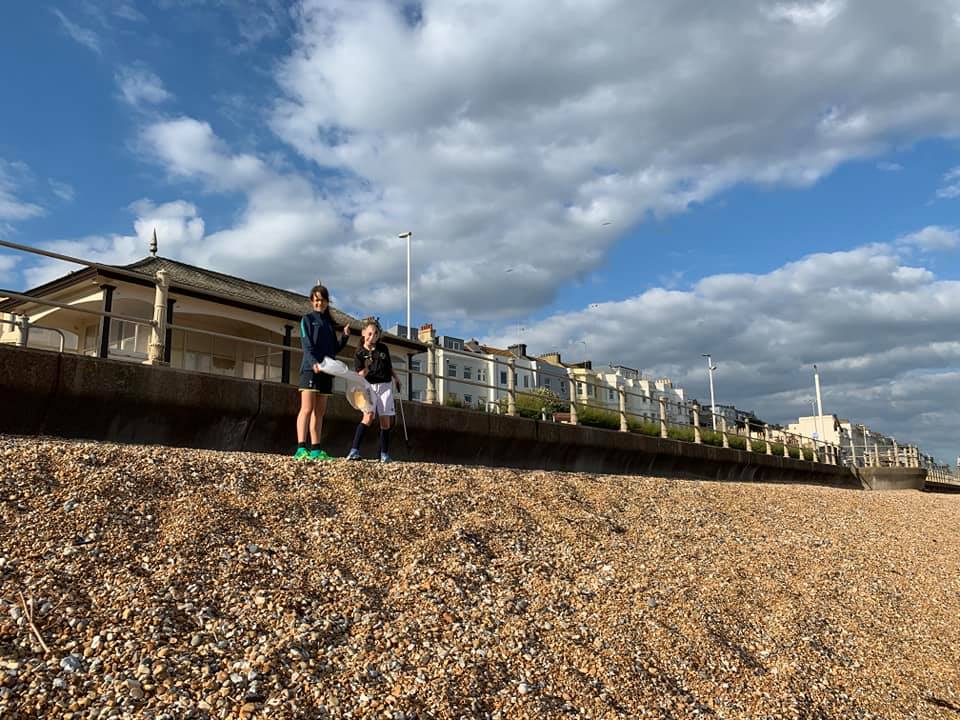
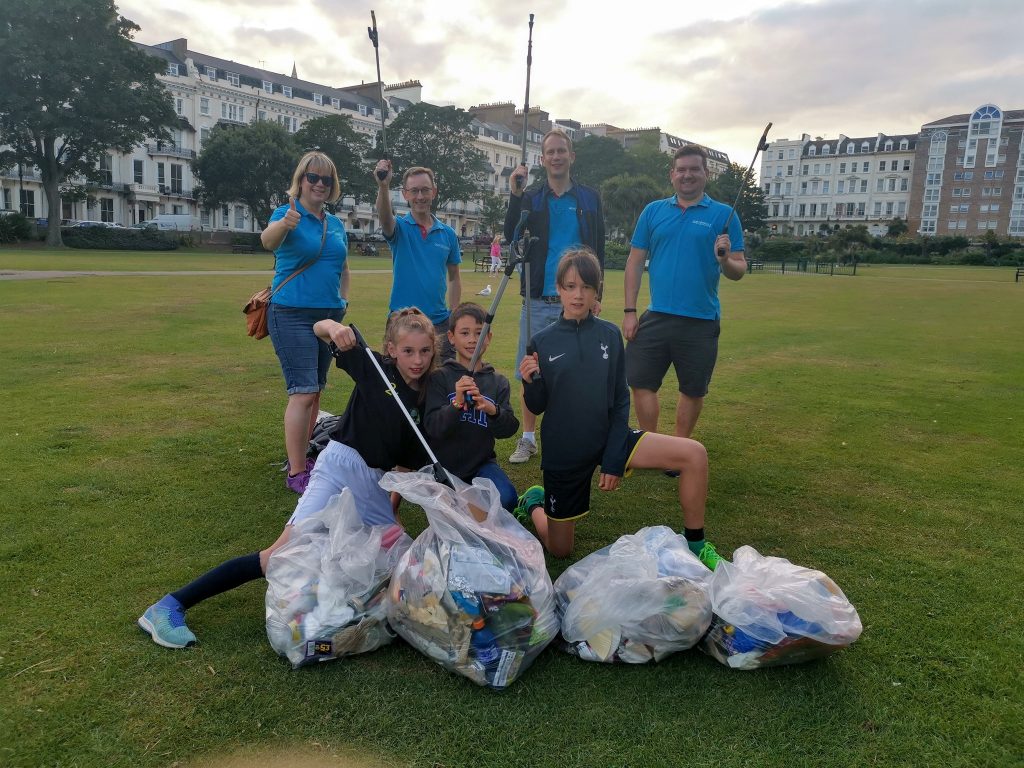
How can I help?
- Put your litter in a bin or take it home with you, to dispose of.
- Reduce your use of single-use plastic, go without (e.g. a plastic straw) or use re-usable alternatives instead, where possible.
- Take part in organised beach cleans or litter-picks, or just do your own with a group of friends/family/colleagues. All you need are gloves, a litter bag and optional litter-pickers to save your back!
We headed out to the beach and seafront after a day in the office/at school and we were amazed by just how much litter we picked up in an hour. It really doesn’t take very long to immediately improve the appearance of your local environment, and to safely bag and bin items of litter that could otherwise be washed away or blown into the sea.
Here’s a few tips to help make your beach clean a success:
- Wear shoes suitable for walking on a beach – as ours is stony, sandals and flip-flops were out!
- Work in pairs, with one using the picker, and one carrying a bag, as it’s was pretty breezy on our stint, this made it easier to bag items without them blowing away again…
- Flowerbeds on the prom, underneath steps on the beach, or alongside the groynes separating beaches, were places that lots of litter accumulates as the the litter becomes trapped there after blowing along in the wind – so these are good places to look.
- Be careful of hazards in the environment as you walk and look for litter e.g. cyclists or other pedestrians on the prom, cars if you’re in a car-park or picking letter from the roadside kerb – stay safe!
Even if you don’t live near the coast, you can still make a difference in your local environment, by cleaning up a local beauty spot or area where litter is a problem. It really doesn’t take too much time to make a noticeable impact, and it makes you feel happy and proud that you’ve helped clear up an area – and got active at the same time.
If you’d like to take part in an organised beach clean, you can have a look on local Facebook groups, or here are some other resources to help find a beach clean-up near you:
Find a National Trust Beach Clean
Join a Great British Beach Clean 2019 Event
The Countryfile guide to Beach Cleaning events to join in 2019
If you know of any other good initiatives, we’d love to hear from you, or see photos of you helping limit the litter where you live. Please get in touch on enquiries@go-walkabout.co.uk
Love where you live!
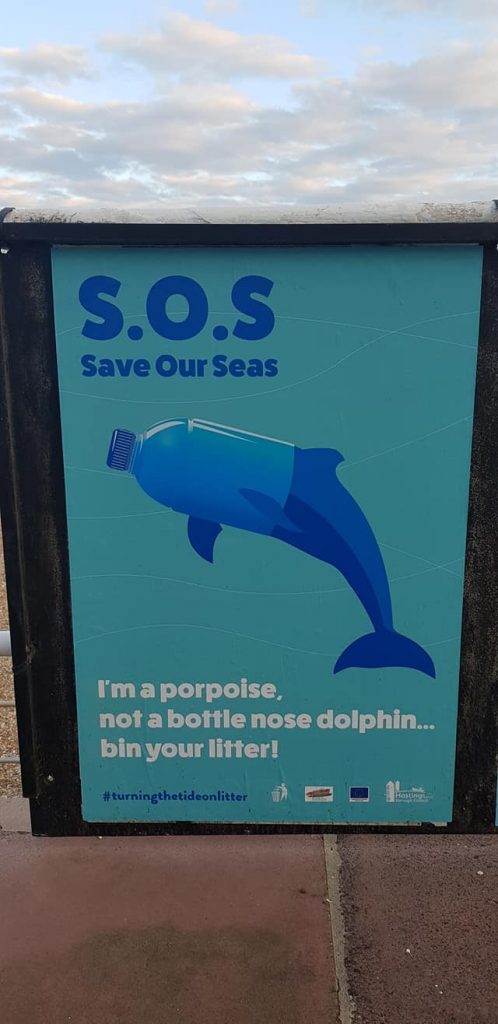
Related posts
We’re all going on a working holiday!
12 July 2012Read more
Places to Visit | Travel NewsLondon is the most highly-rated city destination
30 July 2012Read more
Misc | Special EventsA Travel Insurance Policy for Father Christmas
3 December 2012Read more
CompetitionsHidden Gems Travel Competition Entries
7 March 2013Read more